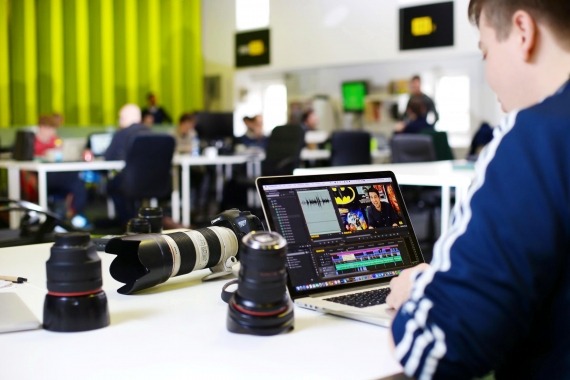What a difference a year can make. Just 14 months ago, Niall McGarry, the Co Mayo born entrepreneur, was happily outlining his plans to make Maximum Media the “most influential” media business in Ireland by 2022 and to conquer the market in Britain. Sales across both the UK and Ireland had reached €11.5 million, and staff levels had risen to a combined 170 across Dublin, Galway, Manchester and London. It had gained a huge audience of 42 million followers on social media, with 12 million of these associated with Ireland. Breaking out of Ireland was a serious achievement by the…
Cancel at any time. Are you already a member? Log in here.
Want to read the full story?
Unlock this article – and everything else on The Currency – with an annual membership and receive a free Samsonite Upscape suitcase, retailing at €235, delivered to your door.

